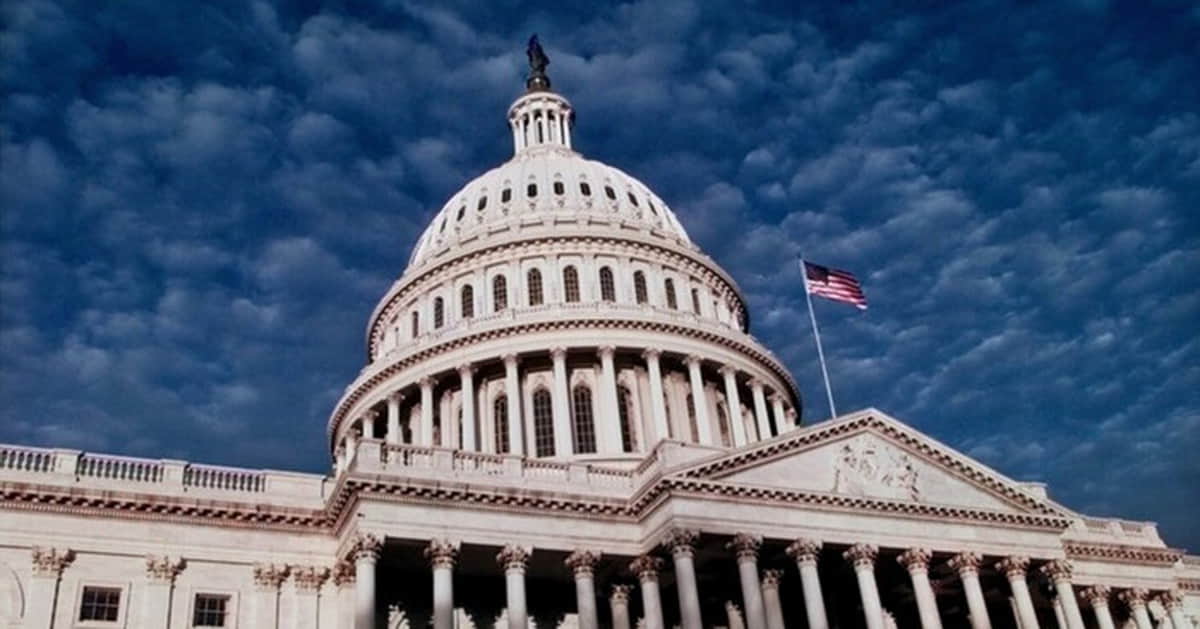US demostrates leadership in confiscating Russian assets. What's next?

Alongside the allocation of long-range ATACMS missiles to Ukraine as one of the most discussed points of the aid package to Ukraine approved by the US Congress last week, provisions empowering the president to confiscate Russian assets have emerged. It is about the law on the confiscation of Russian assets REPO (Rebuilding Economic Prosperity and Opportunity). Read more on the law and its impact on allies in the article by Ivan Horodyskyy, director of the Dnistryanskyi Center - Biden, confiscate!
What consequences will US Congress decision to seize Russian assets have? Despite the loud headlines and expectations, it's important to remember: the new legislation creates an instrument for confiscation, not an automatic confiscation of Russian assets. Advertisement:
The logic of REPO is based on the widely recognised approach that confiscating Russian sovereign assets would be a legitimate countermeasure according to international law to counter Russia and ensure compensation to Ukraine. According to the law passed last week, the US President is empowered to confiscate Russian sovereign assets and transfer them to the Ukraine Support Fund. These assets may be transferred to a future international compensation mechanism later, used for Ukraine's reconstruction or as humanitarian or economic aid, at the discretion of the US Secretary of State.
Congress, in turn, is empowered to block the Secretary of State's decision to transfer assets. These mechanisms are to be in place for five years or until Russia agrees to compensate Ukraine. The creation of this mechanism officially declares US leadership in confiscating Russian assets.
Whether other allies of Ukraine will follow the US example is still a question. The decision of the US Congress has caused excitement in Ukraine, but the West has welcomed it with a very restrained reaction. There are many reasons why custodians of Russian sovereign assets (including the key one, the European Union) do not want to resort to their confiscation, and a significant portion of them were voiced last week.
There are economic reasons - concerns about the future of the world financial system and the fate of European business assets in Russia. There are also political reasons - a desire to use frozen assets as leverage in the process of future political settlement. And there are even historic reasons - creating a precedent that would allow other states to make decisions on the confiscation of assets, for example, Germany or Japan, in compensation for losses during WWII.
Ultimately, Washington itself has had many concerns over the past year. And while the adoption of REPO is a powerful signal, it can be predicted that the most realistic decisions regarding the future of Russian assets will be made at the June G7 summit in Italy's Brindisi. And these decisions will not be about confiscation but about using Russian assets in the interests of Ukraine. It could be the "reparation bonds" as collateral, as well as the long-discussed transfer of part of their income to Ukraine.
But regardless of how events unfold, it would be advisable for Ukraine to more carefully consider its own vision of these assets fate.
If you notice an error, select the required text and press Ctrl + Enter to report it to the editors.